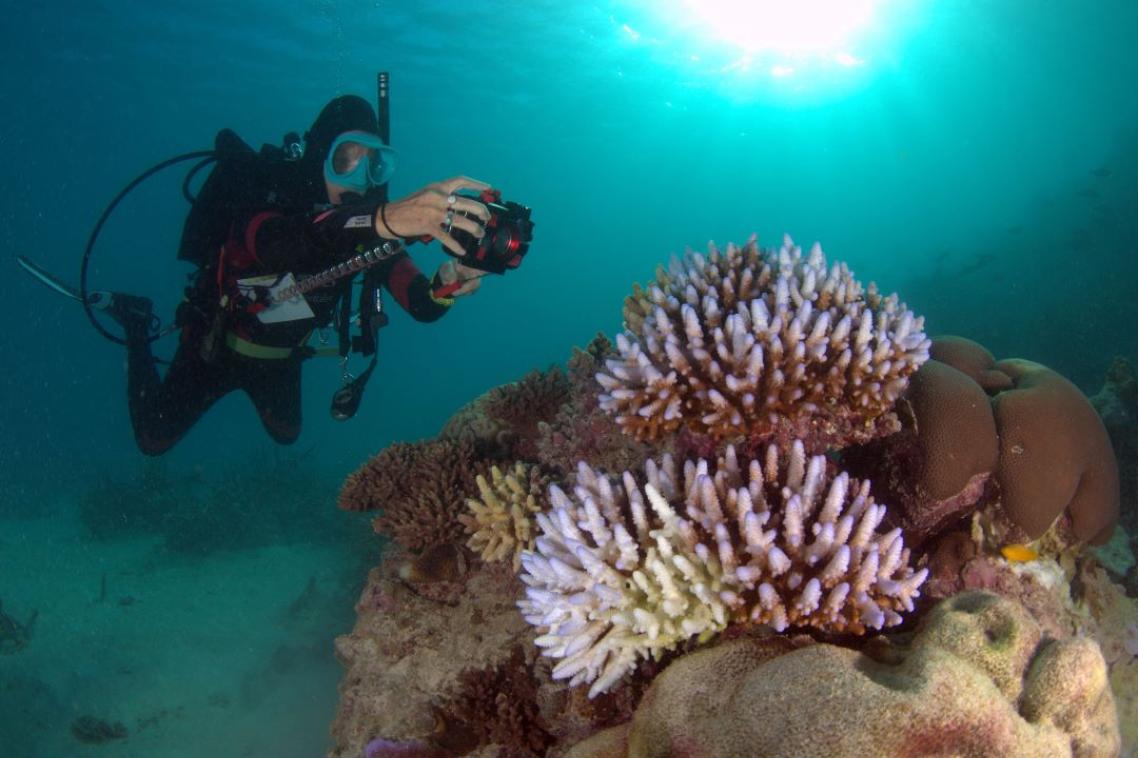Glider research may help save some species
Rare or endangered animals may one day have a better chance of survival, thanks to a research project now under way at the University of Queensland.
PhD student Adele Millis, of the Anatomical Sciences Department, is studying squirrel gliders. The focus of her work is the structure of hierarchies within groups of these marsupials and in particular the relationships between dominant and subordinate males.
Ms Millis said her research could have long-term implications for the breeding of gliders in captivity, including the more endangered species, because stress played a key part in inhibiting reproduction.
Her work involves studying a wide range of factors in the two types of males including genetics, hormone and sperm levels, the significance of different scent glands and territorial distribution.
Ms Millis has been working for two years with wild populations of gliders in Brisbane's Karawatha bushland reserve and at Greenbank, near Ipswich. She also has access to about 30 of the gliding possums at the University's Native Animal Research Unit, Pinjarra Hills.
She chose squirrel gliders because they are the most social of marsupials and while not particularly endangered are closely related to some species which are rare or under threat.
Mahogany gliders were thought to be extinct before being rediscovered in northern Queensland a few years ago. Sugar gliders are more common but yellow-bellied gliders are considered rare and vulnerable.
Ms Millis has found that a single male is usually dominant in each group of seven or eight animals though that role may change on average about every six months. There does not appear to be any hierarchy pattern among females.
Through a process of DNA testing, using tissue samples taken from offspring, she hopes to discover whether subordinate males father young or if it is only the dominant males.
Already measurements of hormone levels in males have shown that key hormones such as testosterone are higher among the more dominant animals.
Ms Millis is also studying the captive population of gliders to see if reproductive suppression is taking place, leaving only the dominant males to mate and reproduce.
This suppression could be either physical or physiological; to test for the latter Ms Millis has measured sperm production and found subordinate males still produce sperm, so she is now testing the number and mobility of the sperm.
In another aspect of the PhD study Ms Millis will build on existing research into the different purposes of the male scent glands which are located on the head, chest and backside.
This will involve exposing subordinate males to the various secretions and monitoring any changes in hormone levels in an effort to isolate which scent gland in the dominant male causes which reaction.
Through the use of radio-tracking collars, fitted to trapped animals, Ms Millis is logging their territorial movements during the day and at night. She tracks dominant males, subordinate males and females in each group to measure their habitat use and the degree their movements overlap.
Her research is also taking account of differences between the two sites in terms of human development and activity which may add to the animals' stress levels and affect behaviour and breeding patterns. Greenbank, a military area, is relatively undisturbed while Karawatha is much more busy.
For further information, contact Adele Millis (telephone 3365 2493).
Related articles

Thousands of Queensland reef photos lead to worldwide change
“Art Museums are the site of public forum.”
Media contact
UQ Communications
communications@uq.edu.au
+61 429 056 139
